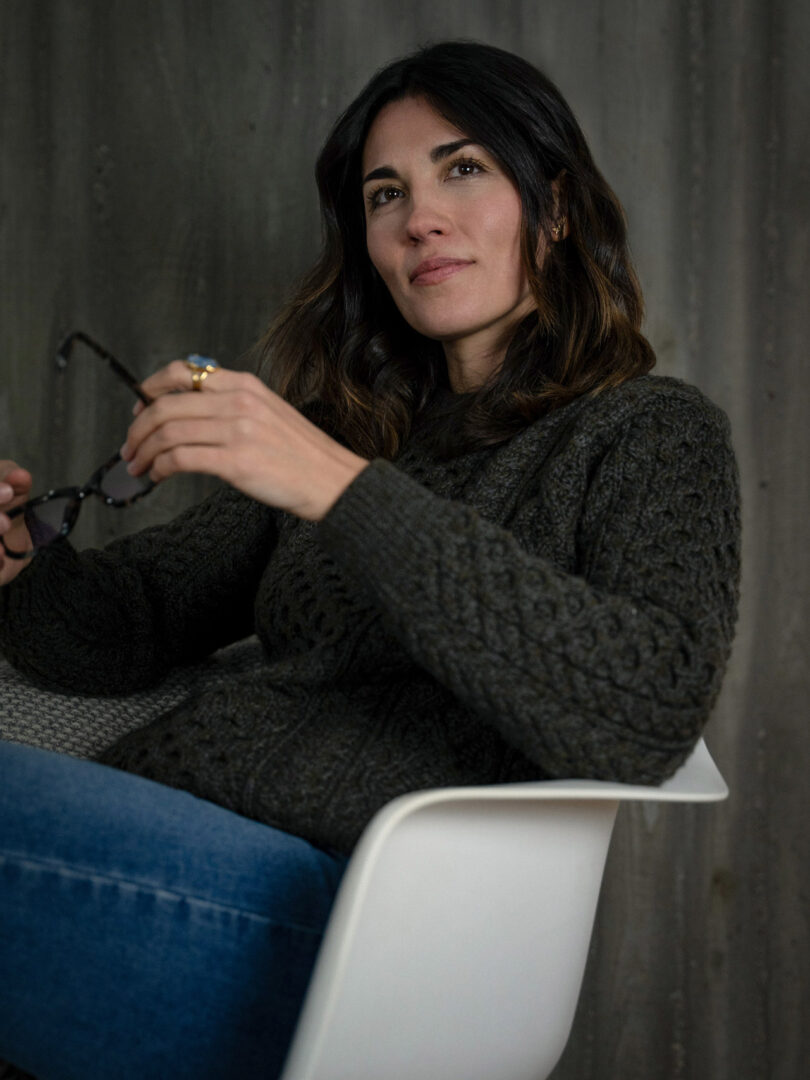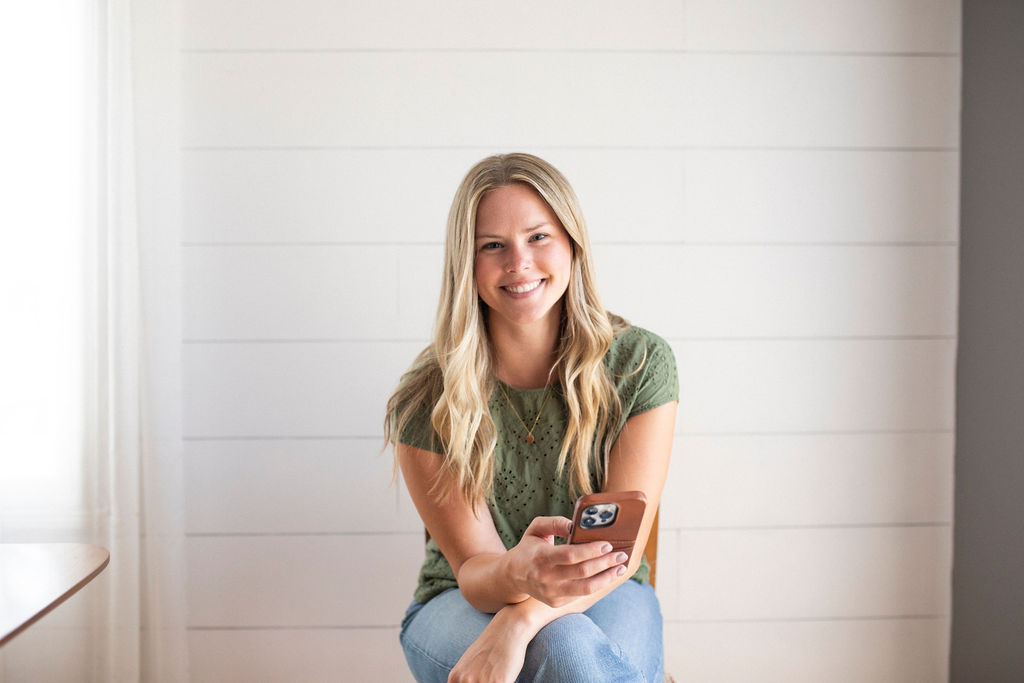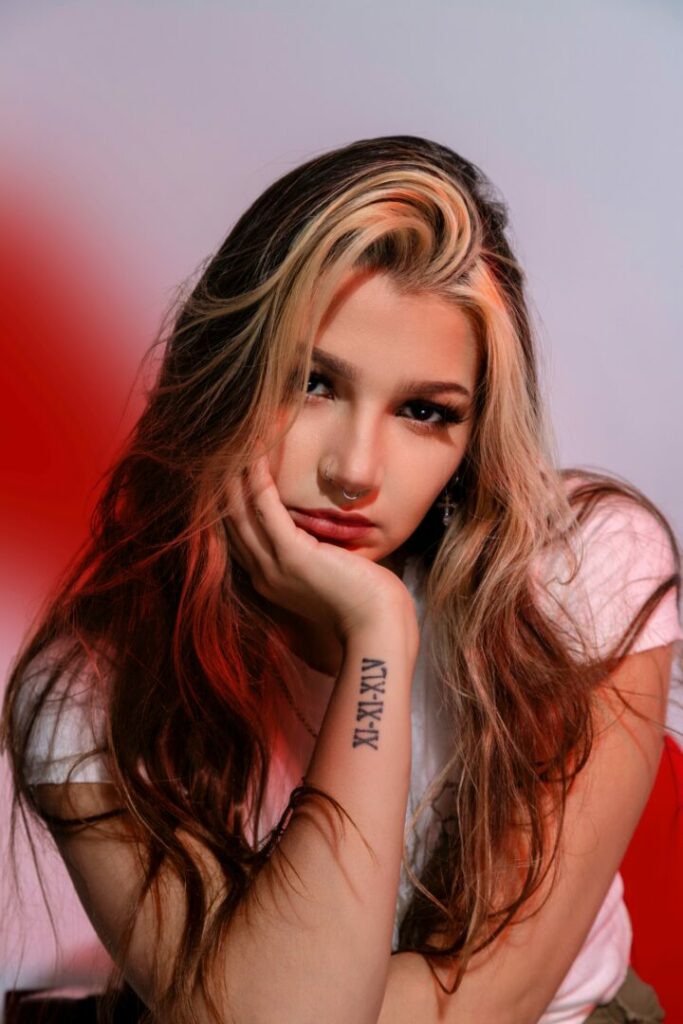Alright – so today we’ve got the honor of introducing you to Alessia Mandanici. We think you’ll enjoy our conversation, we’ve shared it below.
Hi Alessia, thank you for joining us today and sharing your experiences and acquired wisdom with us. Burnout is a huge topic these days and so we’d love to kick things off by discussing your thoughts on overcoming or avoiding burnout
In the spring of 2023, I graduated from one of the world’s finest film schools. With an MFA in my pocket, a recently completed film, and living in a city that others merely dream of, I should be poised for success, right?
I was never effectively diagnosed with burnout, but for roughly two years, I had been feeling lost in a valley, churning the same dough of fears and anxieties: How will I pay my rent once school is over? What about my living expenses? And health insurance? Not to speak of a lawyer, if I want to stay in the US and file for an artist visa I cannot be certain to be granted—all while continuing to follow and pursue my dream of making films and telling my stories. When the safe bubble of being an art school student burst, the things that had been terrifying me from a distance appeared right in front of my face, and everything started to go downhill in my mind. I tried to work as many freelancing gigs as possible within the constraints of my legal status, but the majority were so poorly compensated that I felt burned out after barely making enough to cover my rent. After a few months of constantly crying on the phone whenever my family called, I agreed to sublet my apartment and spend some time with them in Germany to re-calibrate and rebuild mental stamina. At first, I felt like a failure. Nonetheless, I rapidly understood how much I needed to simply sleep, read a delightful book, attend a concert, or listen to music that stimulated me. I allowed myself to acknowledge how dry I felt within, also creatively, and how little flow could come from a dry stream. Meditation and low-impact yoga virtually every day helped me reconnect with my bodily needs, which I later realized had been entirely neglected. Journaling, conversations with supportive friends, and reading inspirational books all helped me recover emotionally. This is not to suggest that you do it for a few weeks and then all is restored; rather, I’ve come to understand that slow and steady wins the race and beneficial changes in your body and mind require ongoing effort.
My time out lasted three months before I felt ready to return to my life in the US with new self-care habits and a rebalanced inner compass. Though I’m much more cautious and protective of my boundaries and general health than I was in the past, life is still undoubtedly a wild ride, especially if you’re attempting to be an independent artist in today’s film industry. Even though it might not seem successful on the surface, I learned to be more honest with myself and my needs, and that molded my perspective going forward when faced with challenging circumstances or decisions.
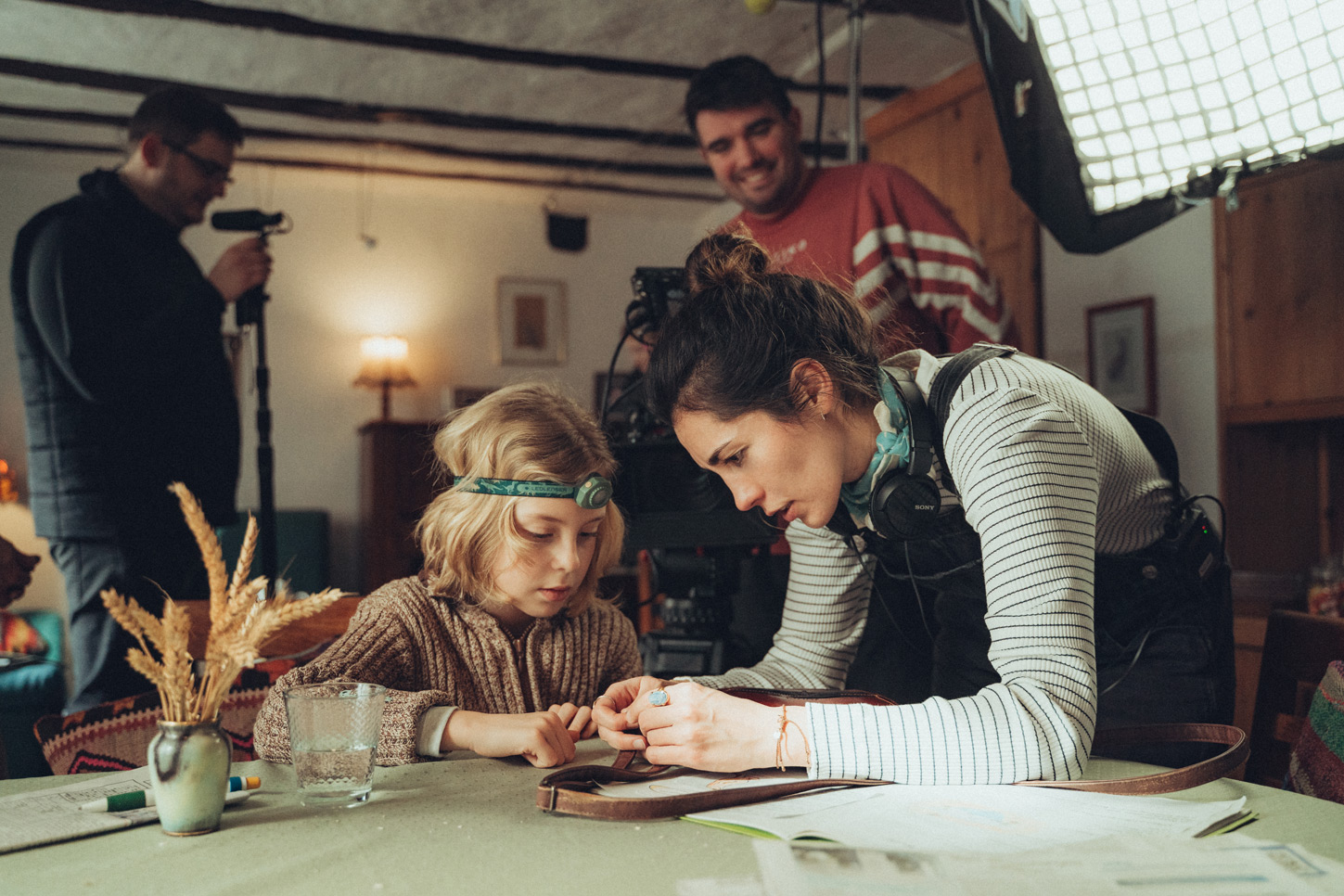
Great, so let’s take a few minutes and cover your story. What should folks know about you and what you do?
I am a filmmaker and consider myself a multidisciplinary artist whose aesthetic approach to the craft has been greatly influenced by being a designer and a musician since an early age. The possibility to combine all of those passions is what ultimately drew me to film and makes it such a beautiful medium for me.
I grew up in a small town in Germany, raised by a German mother and an Italian father in between two distinct cultural identities. Learning classical guitar and later jazz saxophone was the first artistic experience I had. I soon started writing and singing songs, branched out into different genres, founded my own bands, and played in a number of bands. Music has ever since been a way to express myself and communicate with others in a universal language, even when I decided to not pursue it professionally. During my second year at design school in Germany, I discovered filmmaking and made my first short, ‘Spieglein, Spieglein’ (‘Mirror, Mirror’), which screened at the 62nd Berlin International Film Festival and won an audience prize at a local film festival the following year. Even though I had no real grasp of what I was doing and got quite lucky with a number of things, I immediately understood that film would embrace my eclectic abilities and interests like no other medium. I was able to cultivate each of those skills and put them all together into the larger picture of becoming a storyteller during my time in the US and at NYU’s Grad Film Program. In New York, I was fortunate to surround myself with many inspiring and hardworking artists, crewing on numerous sets and gaining knowledge of a diverse range of people and cultures, all while creating my own films in Europe and the States.
Currently, I am working on my debut feature script, ‘Wiegenlied’ (‘Lullaby’), which follows a neurologist and the unusual connection to her 6-year-old patient. While exploring the impact of childhood trauma and abuse with this script, it is also crucial for me to keep the medicine accurate and engaging in its own storyline. I am incredibly excited to be shadowing a pediatric surgeon for a few days in the fall and getting insights right from the source.
I’m very thrilled to announce that my most recent short film, ‘Schwarzmoll’ (‘Blackmoll’), will have its world premiere at the Oscar-qualifying Woodstock Film Festival in the beautiful Upstate NY area next month, and will continue its festival circuit internationally after. We’re really happy to show this tender film about a 7-year-old girl on her quest to protect her dementia-suffering grandmother with an audience. Information about the film’s screenings and dates will be published on our social media and websites, so be sure to check the link section at the bottom of this article.
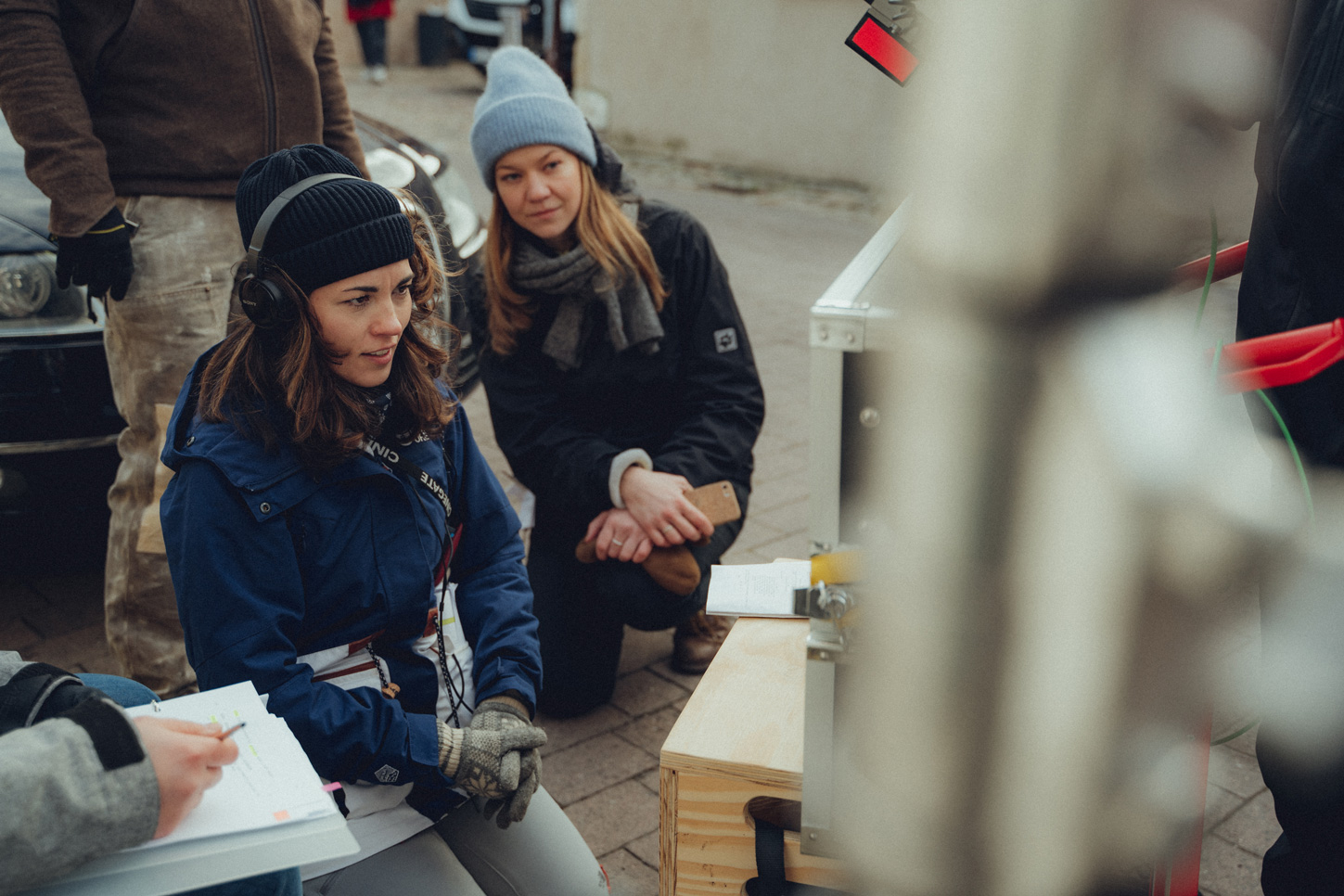
There is so much advice out there about all the different skills and qualities folks need to develop in order to succeed in today’s highly competitive environment and often it can feel overwhelming. So, if we had to break it down to just the three that matter most, which three skills or qualities would you focus on?
A major revelation for me was trusting my process and listening to what works and doesn’t. Naturally, it will look different for each person, as we all accumulate our own unique set of cells and backstory.
From my perspective, the innate process of creation interconnects everything, making it difficult for me to count or classify skills or knowledge. The word creative comes from creation, which, in a sense, makes everything and everyone creative. That means I can (if I wish to open myself up to that possibility) draw the creative spark from anything that surrounds me. Making a meal can teach me something about how to play a piece of music; sewing a button onto a shirt can be the profound task that “un-stucks” a scene I’m struggling to write.
Here’s an example: Recently, I had a blowfly—I’d say a generally despised creature—buzzing but unable to fly in my room. Understanding that he was nearing his end, I held him in my hand and took him out into the backyard to reunite him with fresh air and familiar sounds. The nervous buzzing stopped and he suddenly became very calm in my hand, so I sat there with him, every now and then checking if he still moved. Then, I noticed him turning his head toward me, very slowly, very consciously, to look at me. And what I felt was a deep sense of gratitude, coming from this tiny fly. He looked back straight ahead, in slow motion, and then remained still, and died in my hand.
I shared this story with my friend later, both of us having watery eyes, and she urged me to write it out in from of a short story. You see, the death of one fly might be the beginning of a book; who knows?
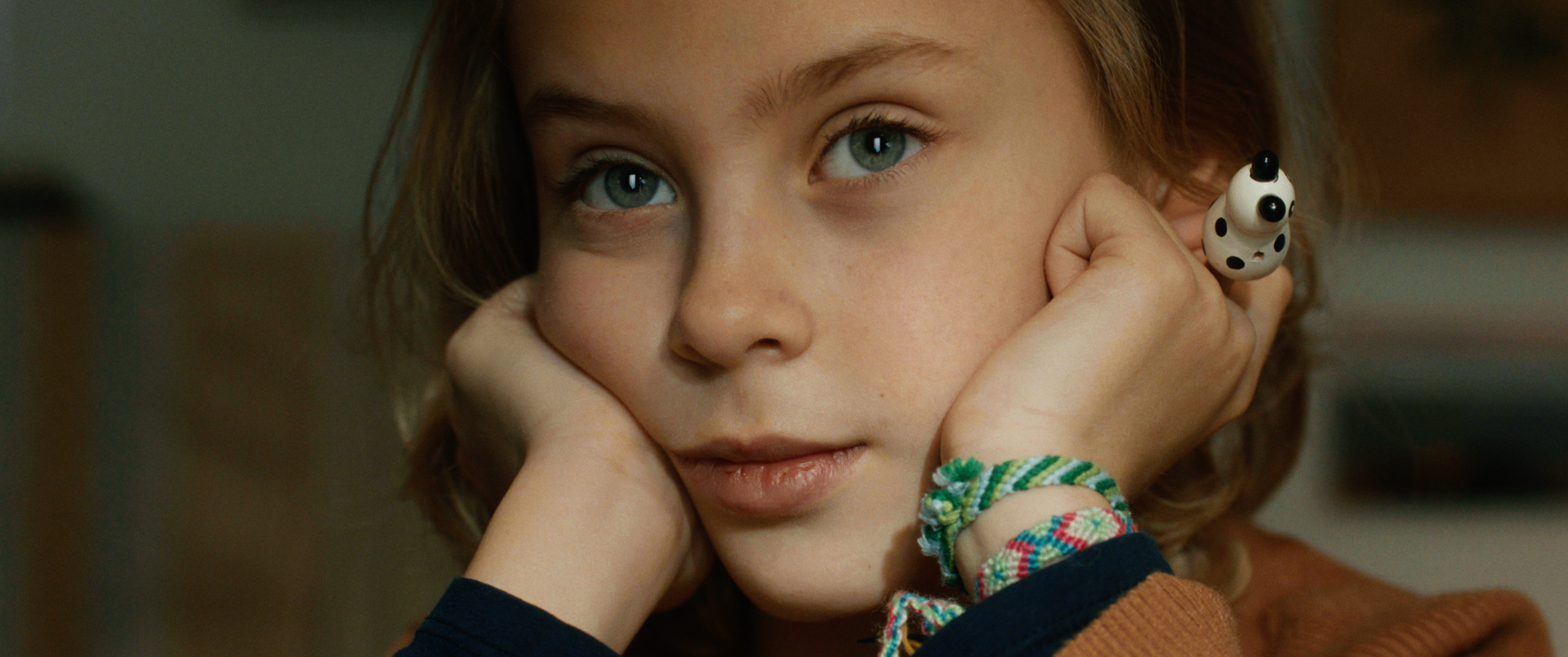
Awesome, really appreciate you opening up with us today and before we close maybe you can share a book recommendation with us. Has there been a book that’s been impactful in your growth and development?
It’s difficult to pick just one. There are a number of books that impacted my life, both intellectually and emotionally.
I recall reading Max Frisch’s “Andorra” in high school and feeling a fundamental stir within. World War II and the Holocaust were both present and recurring subjects throughout my education, but this book, for me, moved it to a different, more universal yet also very specific place, possibly because it was narrative rather than factual. By exploring the core of cultural prejudice rather than war and anti-Semitism, the book helped me understand that “Andorra” can be anywhere at any time, in all different forms and shapes, and unfortunately is. Apart from the themes Frisch explores, his writing style also greatly resonated with me. I’d describe it as saying much with very little, in an entirely unpretentious, reduced, and unadorned way. I believe what I respond to is what he refers to in his diaries as the “unsayable, white space between words”—a t theory of experience itself remaining beyond the reach of language and instead appearing, at best, as tension between two statements; accurately describing what, in my opinion, also makes for great screenwriting and acting.
There is no way around mentioning Clarissa Pinkola Estés’ “Women Who Run With Wolves,” which played an essential role in my mental and physical healing journey I touched base on earlier. Her book helped me reconnect with my instinctual, female self on a completely new, deeper level. It basically explores a variety of ancient myths and folktales through a Jungian lens and analyzes what Pinkola Estés defines as the “Wild Woman archetype.” Because I, as probably many other people, have heard these tales in some way or another at some point in my life, reading the book was a strangely familiar and comforting experience, similar to recalling a long-forgotten secret. It is a book I will re-read throughout my life and probably always resonate with in various ways, depending on what my life throws at me in that moment.
Lastly, I would love to mention Claire Keegan, one of my favorite writers. Not surprisingly, she has recently received a lot of attention, particularly with two of her works being adapted into films. I can gladly recommend all of her books, but my personal favorite is a short story titled “Night of the Quicken Trees,” published in one of her early books. This story is full of beautiful, untamable female wilderness, reimagining the ancient myth of the Selkie woman, who has and will continue to fascinate me, possibly because I see part of her in myself.
Contact Info:
- Website: https://alessiamandanici.com/
- Instagram: https://www.instagram.com/schwarzmoll
- Linkedin: https://www.linkedin.com/in/alessia-mandanici
- Youtube: https://www.youtube.com/@AlessiaMandanici
- Other: Schwarzmoll Official Website: https://schwarzmoll.com/
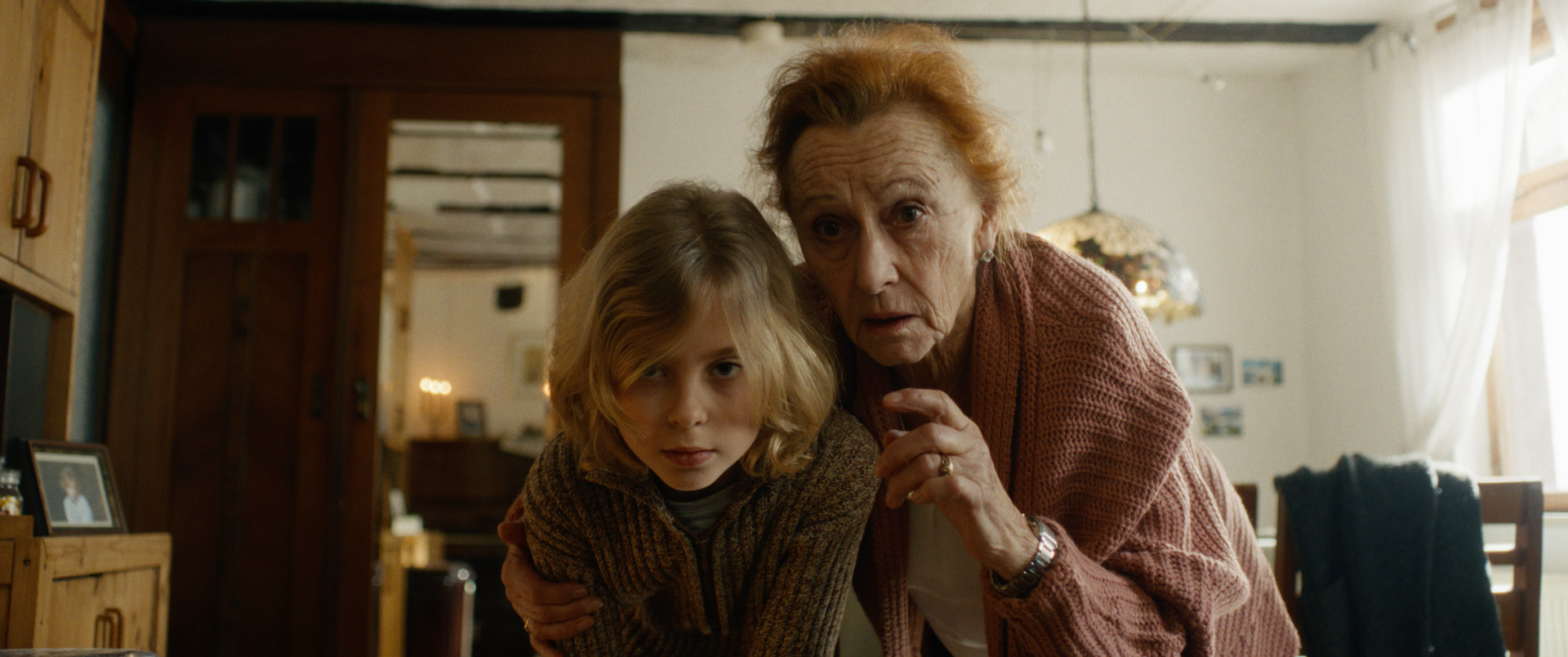
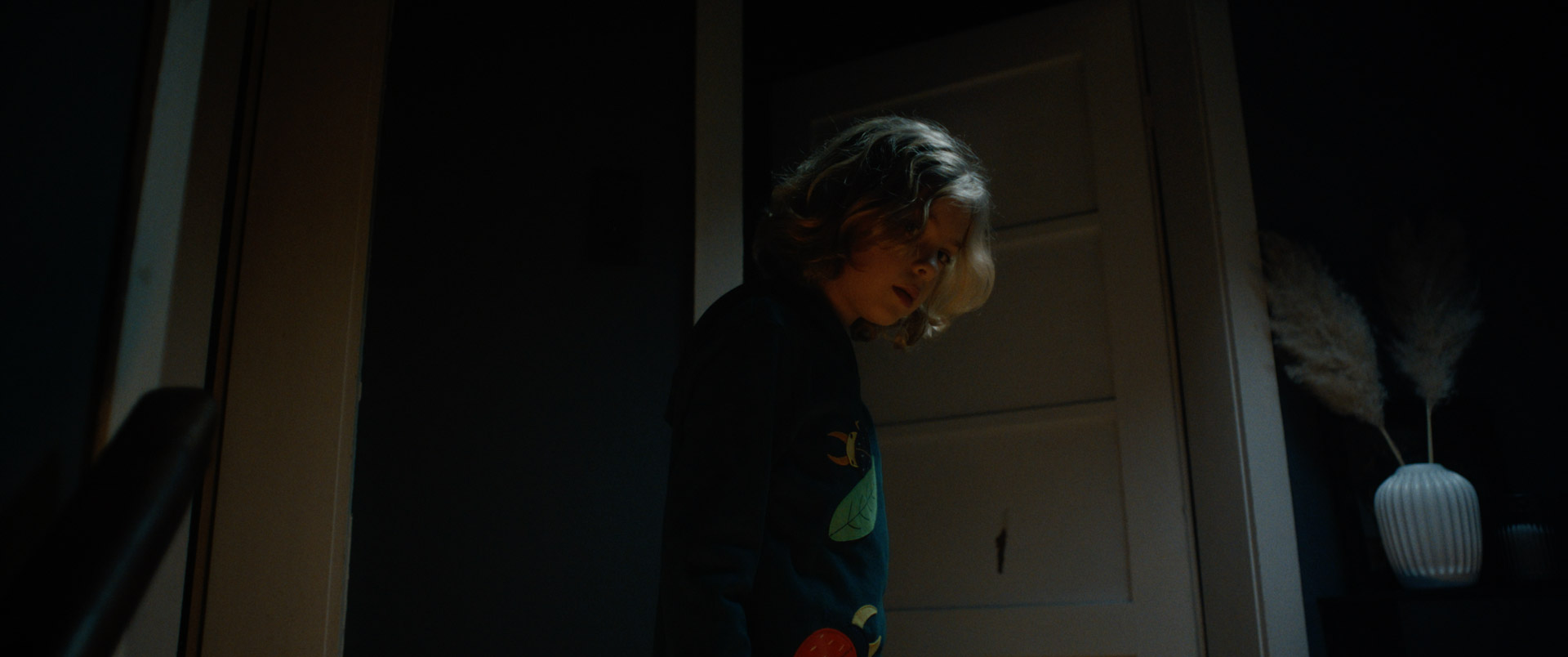
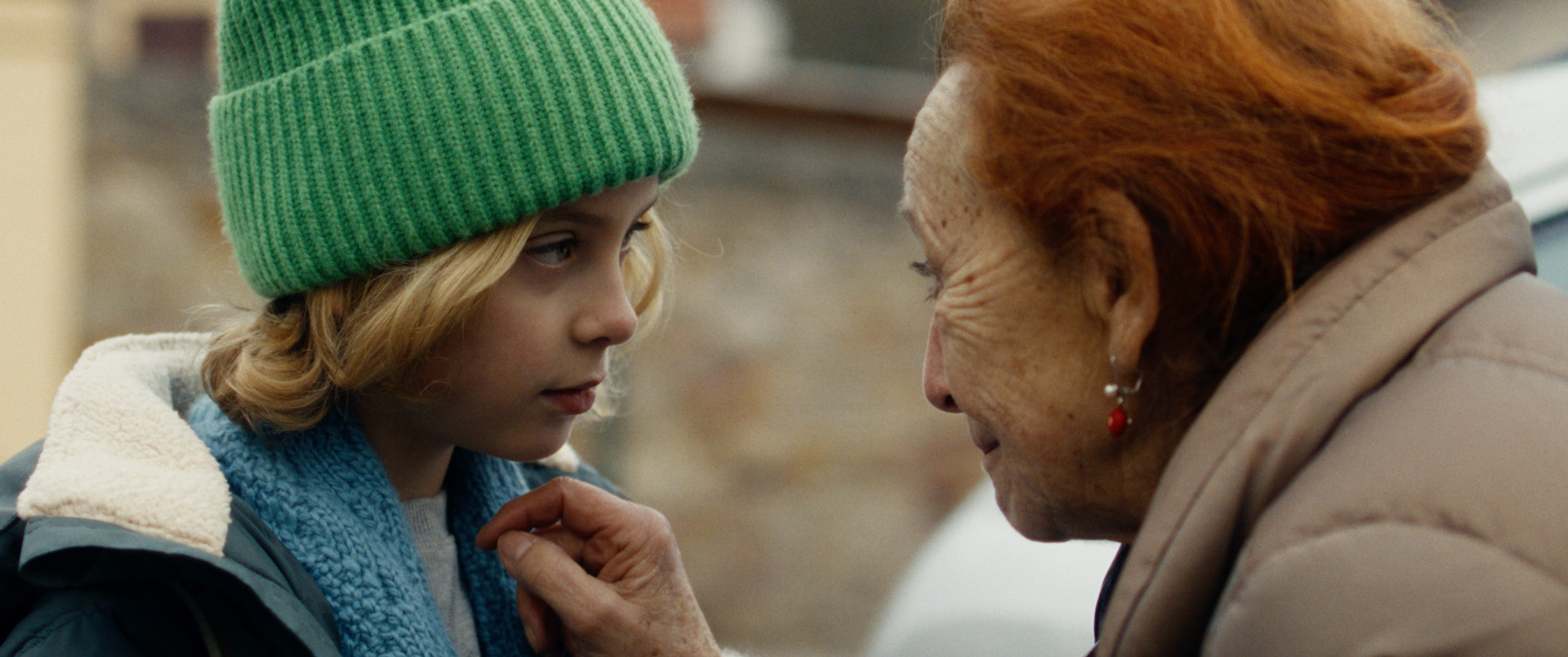
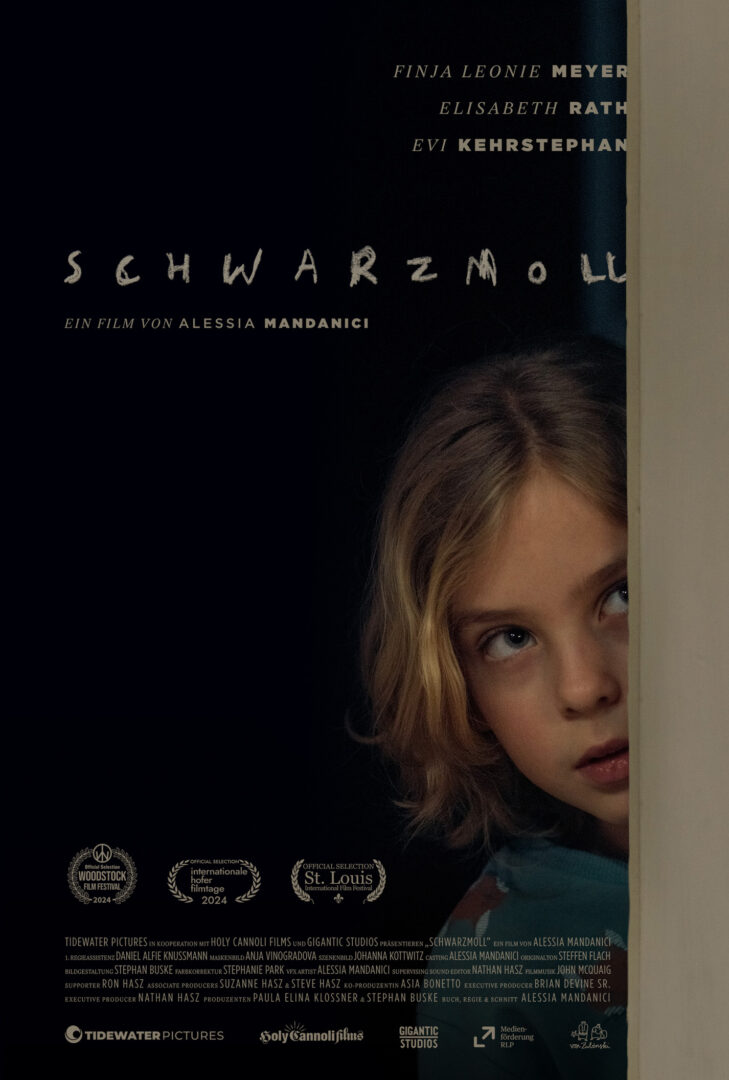
Image Credits
Headshot and behind the scenes photography by Lara Pfeifer
Poster by Alessia Mandanici
so if you or someone you know deserves recognition please let us know here.

